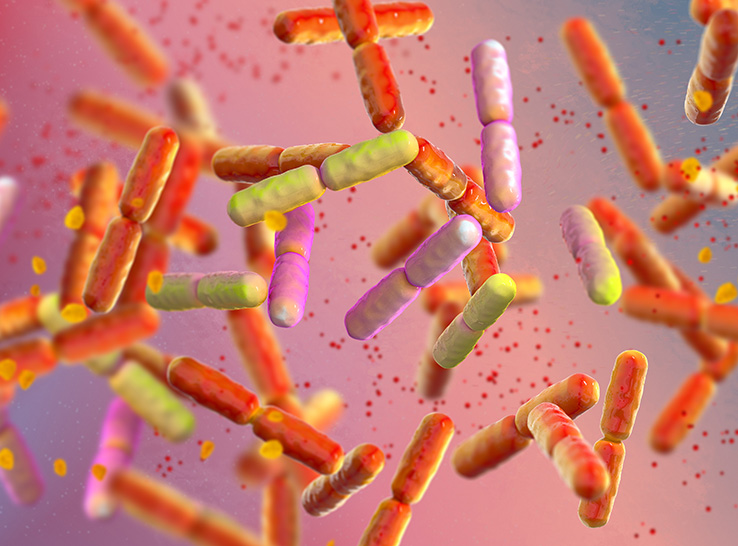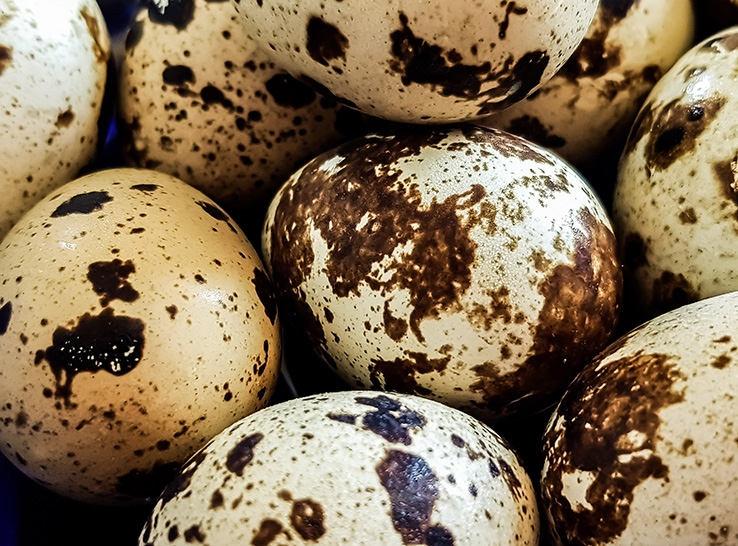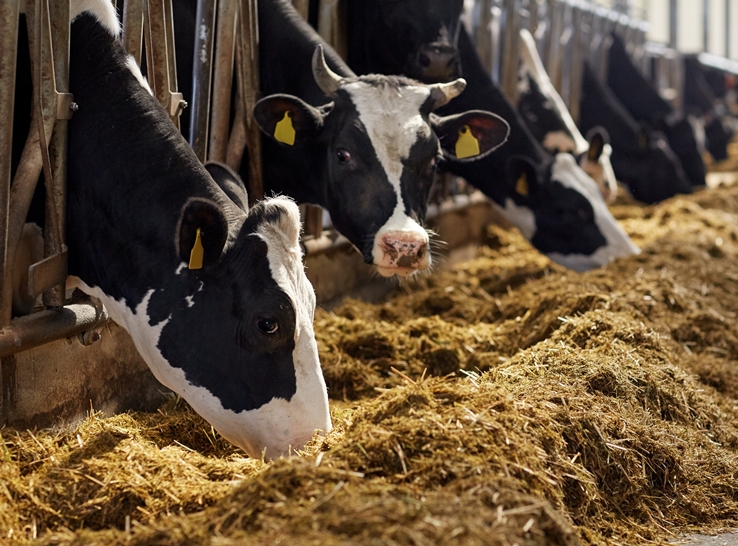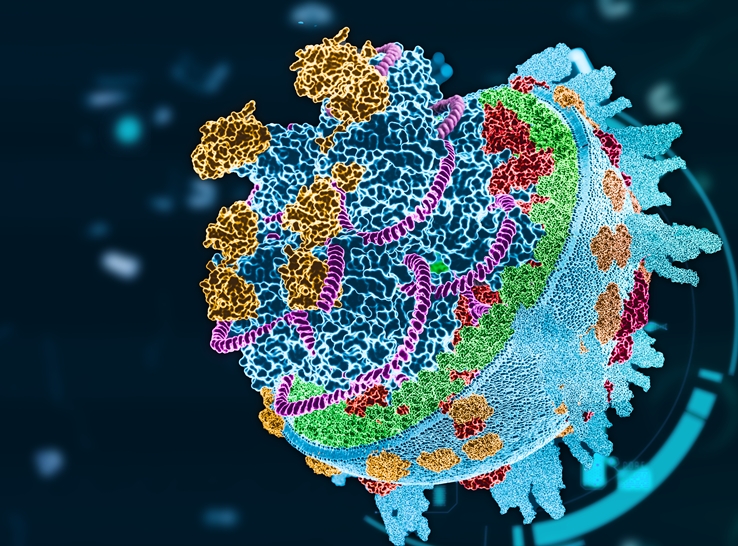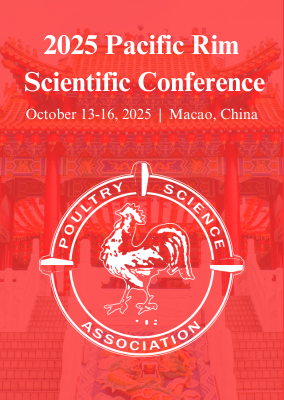Researchers from Egypt and Saudi Arabia conducted a study to determine if adding eucalyptus (EL) powder as a dietary supplementation would have an effect on productive performance and immune response in two varieties of Japanese quail.
Poultry farmers have turned some of their attention toward natural feed additives to improve productive performance and enhance the health status of poultry flocks. This study was conducted to determine if feeding two varieties of Japanese quail an EL supplementation would aid in productive performance when exposed to the negative effect of heat stress. The EL supplementation would also be observed to determine its effect on the immunity status in the quail.
For the study, 180 12-week-old, laying Japanese quail of two color varieties (gray and white) were split into 6 subgroups of 30 each. Three subgroups were of the gray variety and the remaining three subgroups were of the white variety.
Three levels evaluated
EL powder was mixed into the diet in three levels (0%, 0.1%, and 0.2%), one for each subgroup within the two varieties of Japanese quail. Temperatures for the study were consistent with a high of 39.3° C (102.74° F) and a low of 23.8° C (74.84° F).
Broken eggs (broken, cracked, and shell-less eggs) were calculated by recording them as they occurred. During the last week of the experiment, 90 intact eggs from each subgroup were assessed to determine internal and external quality.
With regard to immunity testing, Newcastle disease virus (NDV) vaccine was given via drinking water at age 16 weeks. Testing for NDV was done at the end of the experiment via ELISA to test for antibodies count.
The findings for this study were published in the February 2020 issue of Poultry Science® (Vol. 99, Issue 2). Results of this study indicated that productive traits were not affected by variation in EL levels; and EL cannot be classified as a growth-promoting substance in Japanese quail.
Fewer broken eggs
It appears that EL inclusion did decrease the number of broken eggs and the gray quail variety showed significantly fewer broken eggs than the white variety. No significant differences were detected between the control varieties and either of the other subgroups for cell-mediated response. However, it was significant in the 0.01% subgroup for humoral immunity. It is suggested that antioxidant agents in EL enhance glutathione peroxidase (GSHPx) activity to minimize oxidative stress.
For the poultry science industry, this study has shown that EL at a level of 0.01% can be used as an effective feed additive in Japanese quail diets to improve eggshell traits and health performance under high environmental temperatures.
The full paper can be found in the February 2020 edition of Poultry Science® and online here.
Editor’s note: Content on Modern Poultry’s Industry Insights pages is provided and/or commissioned by our sponsors, who assume full responsibility for its accuracy and compliance.

